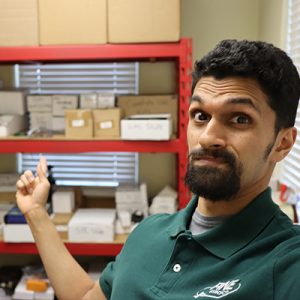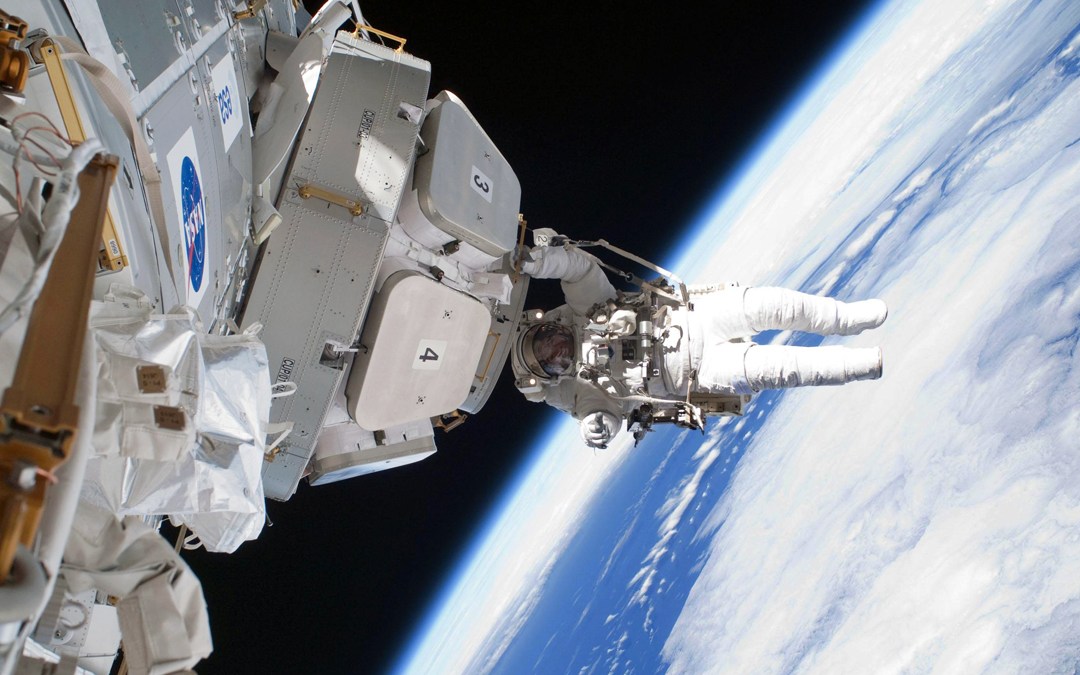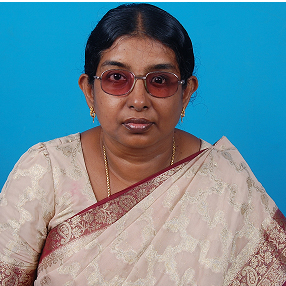 Alex Peroff, Ph.D.
Alex Peroff, Ph.D.
Electroanalytical Scientist
Pine Research Instrumentation
We live in a world of instant gratification. Whether it’s streaming video from Netflix, food from Doordash, or next-day delivery from Amazon, we can have it with the click of a button. And in large part, scientific equipment suppliers are keeping up. From online portals generating fast purchase orders, to maintaining sufficient inventory, scientific equipment suppliers are meeting the needs of research scientists. However, as I mentioned briefly in an earlier ECS Blog post, COVID has affected the global supply chain, and its impact has trickled down to scientific equipment suppliers.
Most news headlines reflect the microchip shortage and its impact on the automobile industry. However, the microchip supply is not the only culprit. Automobile manufacturers grew accustomed to receiving parts quickly. As a result, they never kept extra chips in stock. Why keep additional inventory when it could be delivered at a moment’s notice? While it is undoubtedly a more economical and efficient system, its a vulnerability when your supplier can’t deliver on time. Having spare equipment to do your work is a lesson I learned early on when I was a graduate student. (more…)





 The following guest post is by Telpriore G. Tucker, PhD, founder of the ECS Valley of the Sun (Central Arizona) Student Chapter. In it, Tucker discusses his life and work, his experiences with the Society, and his continual efforts to promote the study of electrochemistry throughout the Valley of the Sun.
The following guest post is by Telpriore G. Tucker, PhD, founder of the ECS Valley of the Sun (Central Arizona) Student Chapter. In it, Tucker discusses his life and work, his experiences with the Society, and his continual efforts to promote the study of electrochemistry throughout the Valley of the Sun. 